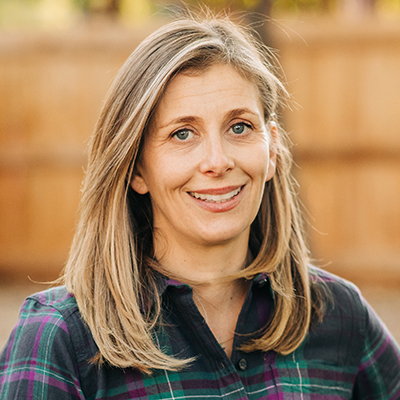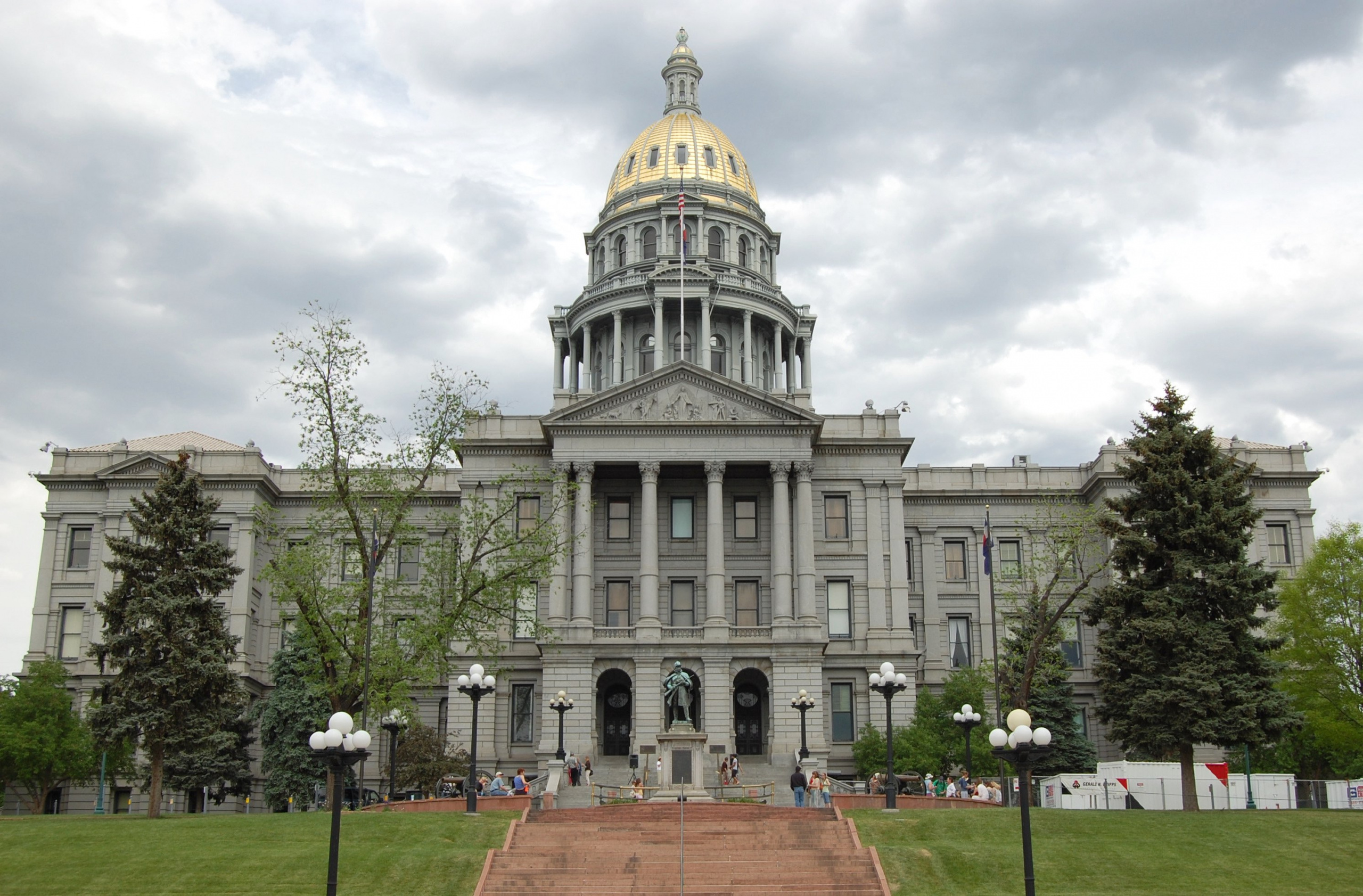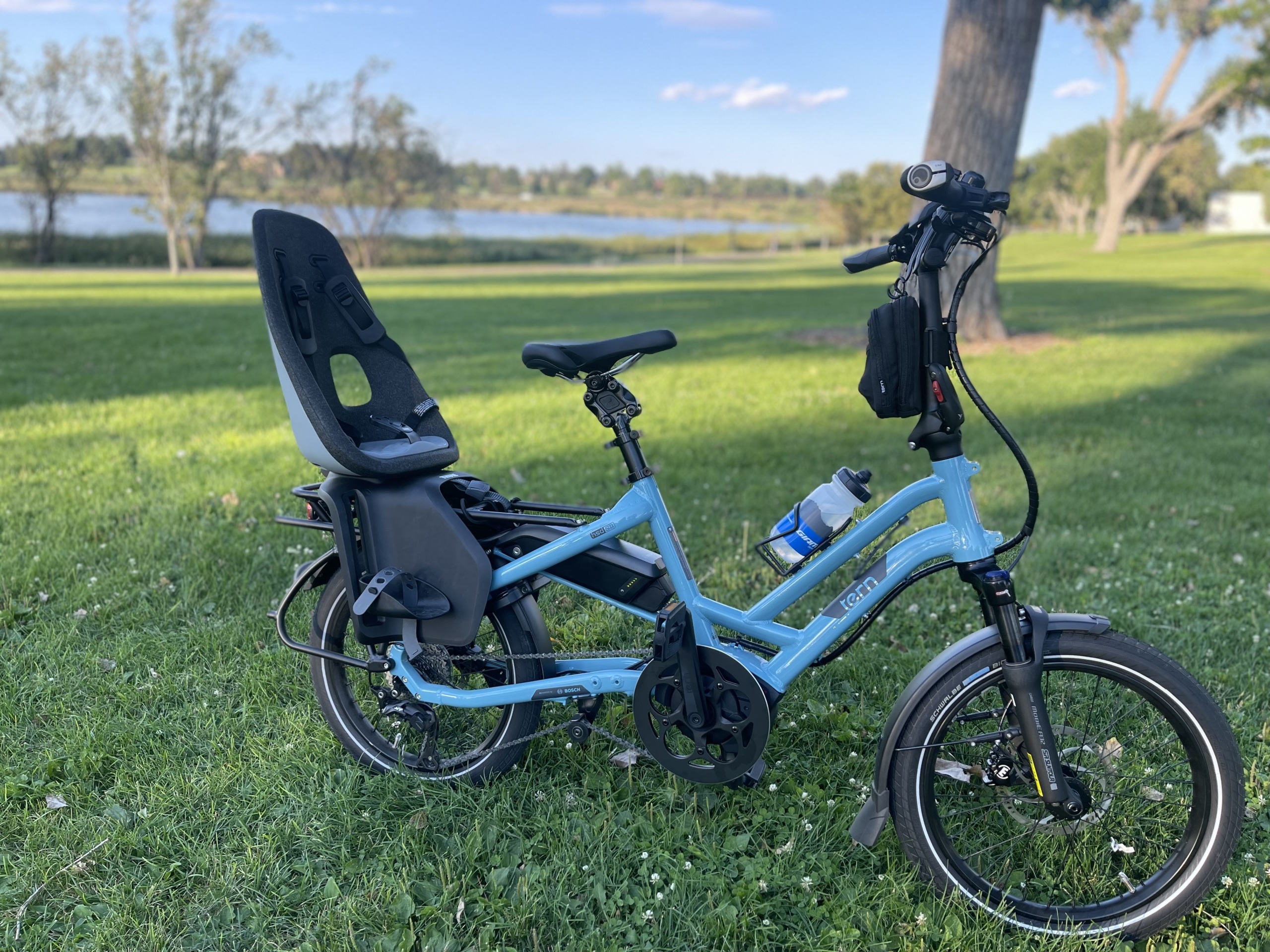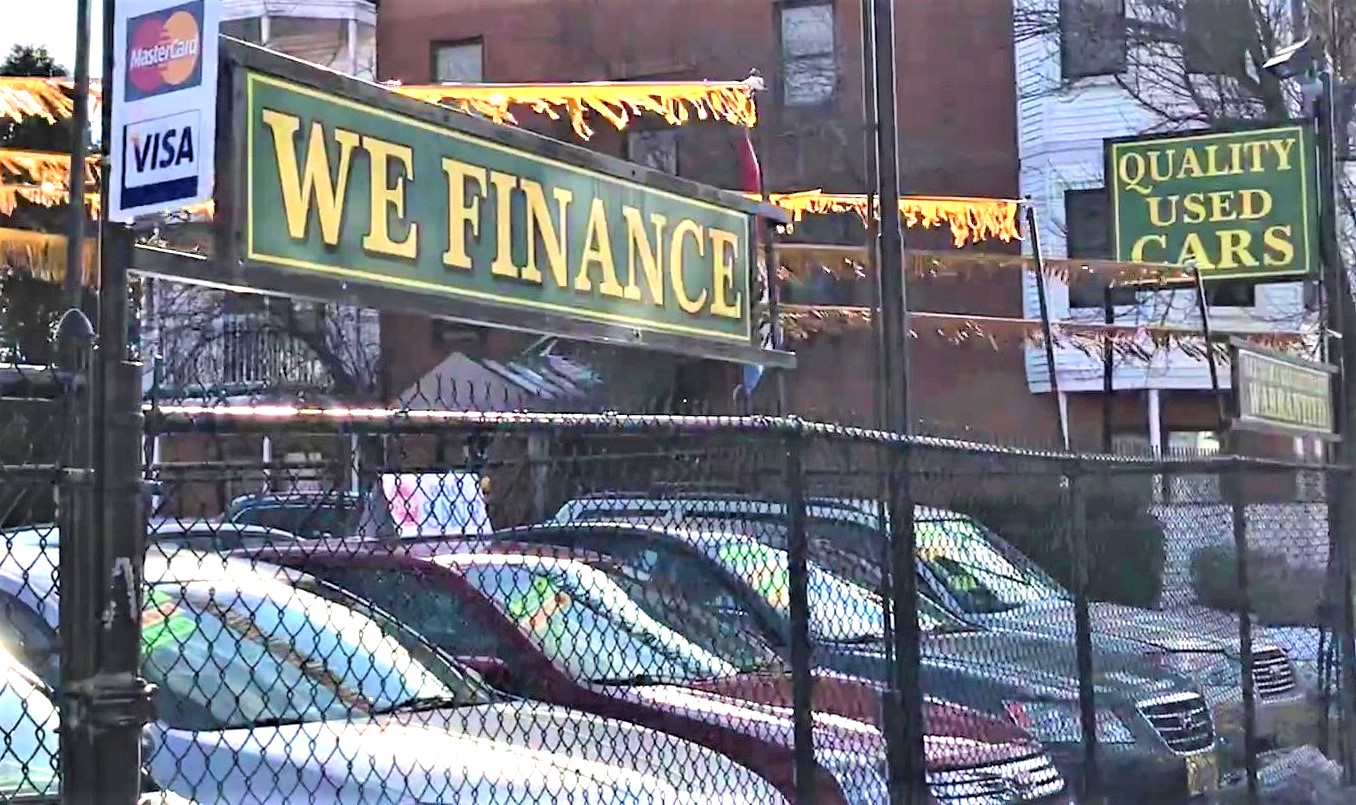
Conversations from the Capitol – 2022
With the legislative session wrapped, CoPIRG staff had the chance to talk to several legislators who sponsored CoPIRG-backed bills that resulted in big wins for consumers, our health, and our quality of life.

We’re not done celebrating a productive 2022 legislative session. From reducing waste and eliminating toxics in products to protecting consumers and cleaning up our air, many legislators stepped up to lead on important issues by sponsoring these CoPIRG-backed bills.
Following the end of the session, we sat down with several of the sponsors to talk about their bills and learn a little bit more about what motivated them to lead on these issues.
The buses and the bees with Representative Meg Froelich
Air quality and kids health with Representative Jennifer Bacon
Civil engineer and House Representative Tracey Bernett on shaping our transition to clean energy
Senator Bob Rankin on the importance of the Joint Budget Committee’s teamwork and his efforts to make textbooks more affordable
From community organizer to Senator, Faith Winter pairs science and policy on issues like climate change and clean drinking water
Acting on common sense solutions started in college for Senator Jessie Danielson
Representative Naquetta Ricks: Fired up to take on predatory towing
From plastics to bees, Senator Kevin Priola is working towards a healthier Colorado
Senator Kevin Priola sponsored seven CoPIRG-backed bills this past session, on issues ranging from tackling plastic pollution through a producer responsibility system in HB22-1355, and an attempt to curb teen vaping by ending the sale of flavored nicotine products with HB22-1064. He also sponsored bills to support electric vehicle (EV) charging infrastructure in commercial and residential buildings via HB22-1218 and several bills on pollinators including SB22-199 and SB22-131.
One of these bills seeks to expand recycling services across Colorado by funding a system called producer responsibility. This requires producers to pay dues into a fund based on the packaging around their products. The dues will provide an incentive to reduce unnecessary packaging that comes wrapped around many of the things we buy and will fund an expansion of recycling infrastructure so that everyone in Colorado can have easy access to recycling.
“That bill will probably go down as one of my favorite pieces of legislation I’ve had the honor to be a part of… it was really elegantly put together through a lot of collaboration with industry, local governments, and interest groups,” Priola remarked.
A second area of action for the Senator was aimed at curbing an alarming trend of e-cigarette use (also known as vaping) among Colorado’s youth. Data from 2020 showed Colorado youth were using e-cigarettes at more than twice the national average rate.
“Kids prefer or want to start doing something that tastes good, so that gets them addicted to nicotine… and it’s just not healthy for our youth who should be focused on educating themselves and not on things that when they get older will have really negative health effects, “ he commented.
While this bill did not pass, recent action at the federal level has helped make progress on the issue by removing the popular JUUL products from the marketplace and is considering removing menthol flavored products as well.
We also touched on preparing Colorado’s commercial and residential buildings for a future with electric vehicles by setting higher standards for EV charging capacity in new construction. While the bill was ultimately vetoed by Governor Polis, Senator Priola noted the importance of transitioning to electric vehicles to combat the growing air pollution in the state, and a desire to continue working on the issue going forward.
Finally, we talked about his sponsorship of two bills around protecting pollinators, and his desire to elevate the discussion around the connection between pesticides and pollinators. While one bill did not pass, a second bill mandates the collection of important data on the challenges associated with native pollinating insect populations, associated ecosystems, and their health and resilience in the state.
See our whole interview here: https://youtu.be/Wwt6PrsxWQ8
Topics
Authors
Alexandra Simon
Public Health Advocate, CoPIRG
Alex is an advocate on Colorado-based campaigns to promote a healthier, cleaner and safer world. She previously served as the Director of Strategic Planning for The Public Interest Network. Alex lives in Denver, where she enjoys hiking, skiing and seeing live music.
Find Out More

How to get the Colorado state e-bike tax credit

Electric vehicle tax credits, discounts, and rebates in Colorado

Ten key electric vehicle policies on the road to 100,000
